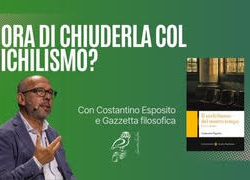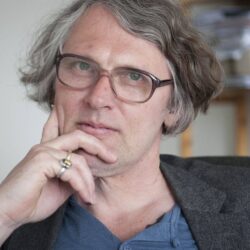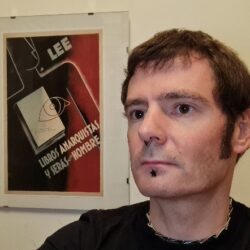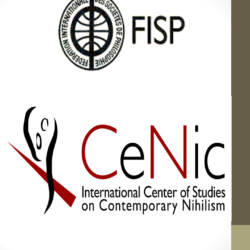
On 3 July 2025, the Gazzetta Filosofica published an interview with Prof. Dr. Costantino Esposito, entitled ‘È ora di chiuderla col nichilismo?’. The dialogue, conducted by Francesco Pietrobelli, takes a deep insight into what Esposito calls ‘the real stakes’ of nihilism today. In the interview, Esposito argues that nihilism can no longer be understood only as a violent denial of values or as an existential provocation. On the contrary, it has become a physiology of modern thought: a stable, almost silent form in which reality is perceived as meaningless and in which the very question of being has been neutralised. This diagnosis, which the Italian philosopher develops in his edited book Il nichilismo contemporaneo. Eredità, trasformazioni, problemi aperti (Studium, 2024), points to a paradigm shift: we no longer experience the “crisis of values” as an event, but as a generalised state or cultural atmosphere.
Full interview: https://www.youtube.com/watch?v=FhWvgFpOoSA&t=65s




